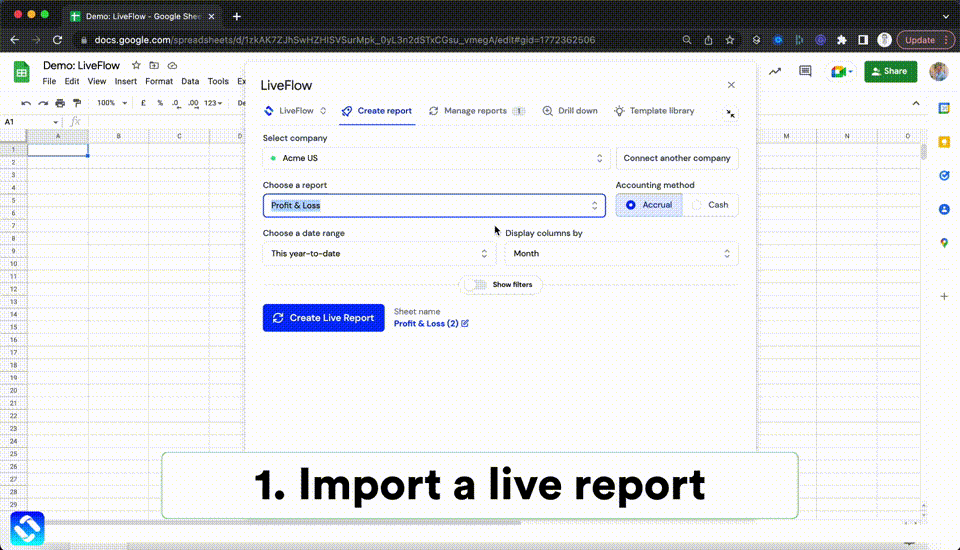Do you want to know what a financial planning and analysis manager does? In this comprehensive guide, we will break down the financial planning and analysis manager job description. As someone who wants to be successful in finance, it is important to understand what does a financial planning and analysis manager do, and what the role entails.
A financial planning and analysis manager is responsible for forecasting future performance, managing budgets, and ensuring compliance with regulations. If you are interested in pursuing a career as an analyst, read on!
What does a financial planning and analysis manager do?
The financial planning and analysis role is important for any company because it is responsible for creating accurate financial forecasts. This position ensures that the company meets its financial goals by managing budgets and maintaining compliance with regulations.
A financial planning and analysis manager typically works in an office setting and reports to the director of finance or the chief financial officer. The role requires strong analytical skills and the ability to think strategically about the future of the company.
What are the responsibilities of a financial planning and analysis manager?
The primary responsibility of a financial planning and analysis manager is to develop accurate financial forecasts. This involves analyzing past performance, understanding current trends, and using this information to predict future income, expenses, and profits.
In addition to forecasting, a financial planning and analysis manager also develops and manages budgets. This includes creating budget templates, tracking actual spending against the budget, and making adjustments as needed.
Another key responsibility of a financial planning and analysis manager is to provide decision support to senior leaders. This may involve preparing presentations, conducting sensitivity analyses, and developing what-if scenarios. The goal is to help decision-makers understand the potential financial impact of their decisions.
What skills are required to be a successful financial planning and analysis manager?
A successful financial planning and analysis manager must have a range of skills, including:
● Strong analytical skills: Financial planning and analysis managers must be able to understand and synthesize large amounts of data. They must also be able to identify trends and relationships in the data.
● Communication skills: Financial planning and analysis managers must be able to clearly communicate their findings to others, both verbally and in writing.
● Organizational skills: Financial planning and analysis managers must be able to manage multiple projects simultaneously and meet deadlines.
● Interpersonal skills: Financial planning and analysis managers must be able to build relationships with people at all levels of an organization.
These skills are important for financial planning and analysis managers because they need to be able to:
● Understand and synthesize large amounts of data
● Identify trends and relationships in the data
● Communicate their findings to others, both verbally and in writing
● Manage multiple projects simultaneously and meet deadlines
● Build relationships with people at all levels of an organization
By developing these skills, you will be well on your way to becoming a successful financial planning and analysis manager.
How to become a financial planning and analysis manager?
If you are interested in becoming a financial planning and analysis manager, there are a few things you can do to improve your chances of success. The first is getting the right education. A bachelor's degree in accounting or finance is a good start. But if you really want to stand out, consider getting your MBA or another advanced degree.
The second thing you can do is gain some experience in the field. This can be done through internships or working in entry-level positions in accounting or finance. The more experience you have, the better your chances of becoming a financial planning and analysis manager.
The third thing you can do is to network. Get to know people in the field and try to build relationships with them. Attend industry events and conferences. The more connections you have, the better your chances of getting hired as a financial planning and analysis manager.
How LiveFlow can help
A financial planning and analysis manager relies on good data, and LiveFlow is the best way to visualize your business data. LiveFlow is a valuable platform built for QuickBooks, which is designed to make it easy to create an integrated, real time connection between your QuickBooks data and customized reports and dashboards in Google Sheets. This means that you don’t have to give anyone access to QuickBooks simply to review reports – you can use pre-built templates or bring live data to any customized report you already have. This way, you only share what departments need to see. The live connection between QuickBooks and Google Sheets means that your reports will always be up to date – without any manual exports, data formatting or hands-on effort.
To find out more about how LiveFlow can help you, book a free demo today.




.png)





